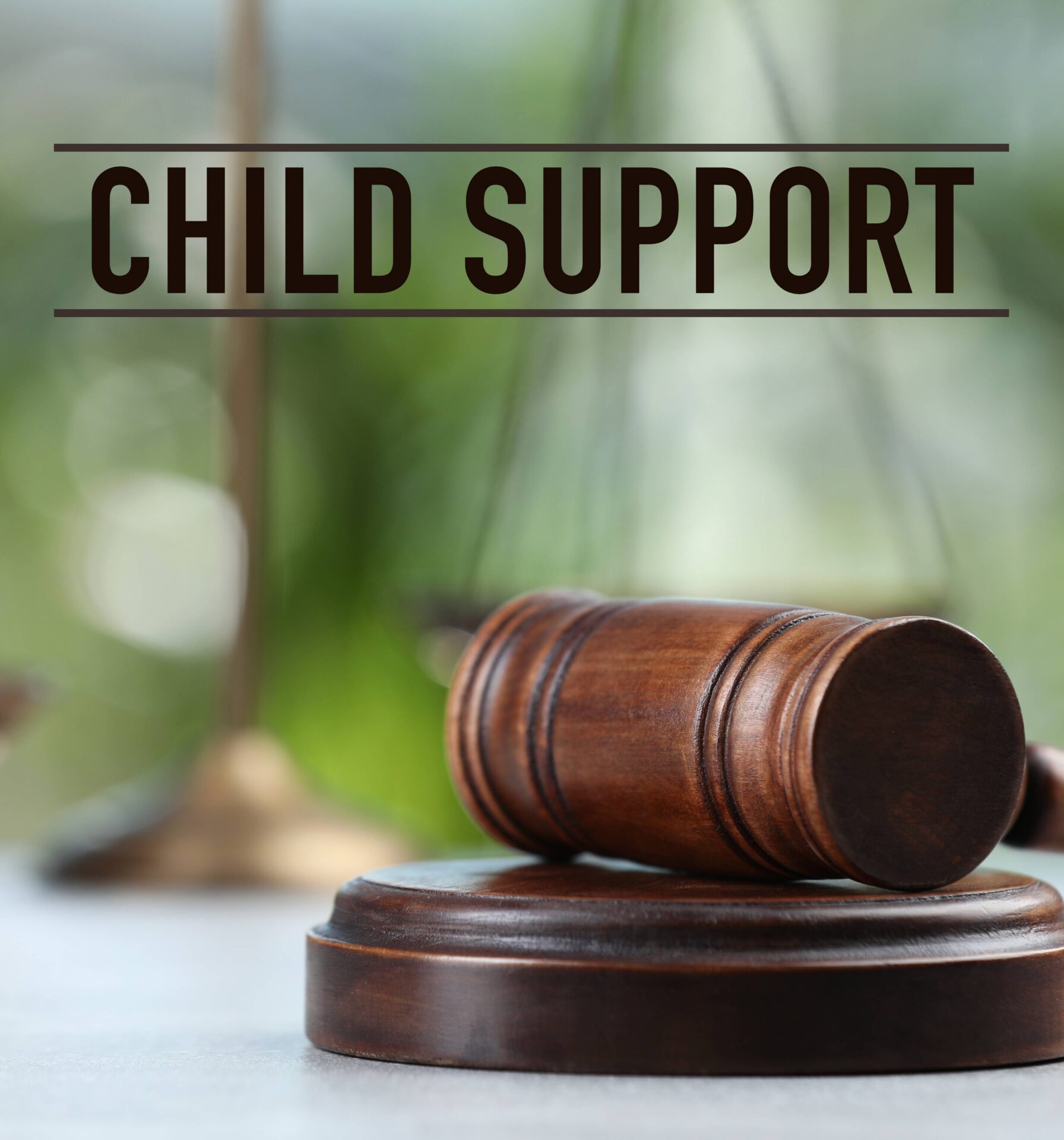Make sure you and your ex-partner are contributing equally to your child’s financial wellbeing.
Support Your Child With Fair Payments
Your child deserves the best upbringing that you and your ex can afford. But that doesn’t mean you should be forced to pay for more than your share of their living costs.
What Is Child Support?
Child support exists to make sure that your child receives appropriate financial care from both parents.
Payments go towards essentials like food, shelter, education, and clothing, as well as towards experiences and environments that positively contribute to their development.
In Australia, child support payments are calculated by Services Australia.
The amount you and your ex-partner pay depends on how much you both earn, how old your child is, how many children you care for, and how many nights you spend as the child’s carer.
The more time you spend with your child, the less child support you’ll normally have to pay.
It’s important to understand that child support isn’t optional.
If your ex-partner applies for child support and is successful, you’re legally obligated to pay (although you can challenge the amount you have to pay with the help of a solicitor).


How Is Child Support Calculated?
Services Australia calculates child support by considering the following factors:
- The number of children you and your ex-partner need to provide child support for
- Whether you or your ex-partner have other dependent children (such as children from a second relationship)
- Your and your ex-partner’s taxable incomes, plus:
- Any reportable fringe benefits
- Total net investment losses
- Any tax-free pensions and benefits
- Certain foreign income
- Any reportable superannuation contributions
- Whether you or your ex-partner receive income support payments
- How old your child is
- How many nights you care for your child
You can calculate an estimate of how much child support you and your ex-partner will have to pay using Services Australia’s free estimator.
Objecting to Child Support Decisions
Any parent or non-parent carer of a child can object to certain child support decisions made by Services Australia.
For example, you could object to Services Australia’s characterisation of your income, or object if Services Australia refuses to accept a child support agreement you already have in place.
Once you’ve lodged an objection with Services Australia, they can choose to review the decision.
If they refuse to review the decision, you still have options.
With a solicitor’s assistance, you can apply for an external review to the Administrative Appeals Tribunal (AAT) within 28 days of Services Australia’s decision.
You can also take your matter to court.

“But I’m not even the child’s parent!”
Sometimes, Services Australia accepts applications for child support assessments – even if one party isn’t actually the child’s parent.
If you’re experiencing a similar situation, you need to contact an experienced child support solicitor for help.
Not being the child’s biological parent is not grounds for an objection via Services Australia.
Instead, you’ll need to apply to the Court under CSA Act section 107 for a declaration that, because you’re not the child’s parent, you’re not responsible for their child support.
Child Custody Lawyers- Navigating Child Custody Matters
Navigating child support can be complex.
As a parent, you want to give your child the best quality of life that you can – but you also don’t want your ex-partner to receive more of your money than they’re entitled to.
We act as child protection lawyers for Victorians in child support scenarios, focusing on early intervention through child support agreements.
Mutual arrangements between you and your ex-partner are cheaper and generally better for everyone involved than payments ordered by Services Australia or a court.
If your ex-partner refuses to compromise, though, or if you shouldn’t be paying child support at all, we’ll defend your rights at Services Australia and ATT reviews and in court.
Book a free 30-minute consultation with our child protection lawyers in Melbourne to find out how we can help.

Your Law Team
Penny LaGreca
Partner | Principal Solicitor
Penny is a leading family law solicitor admitted in the Supreme Court of Victoria.
She has a broad range of expertise across multiple practice areas like family law, Wills and estate planning, and personal injuries, and is currently completing a Masters of Family Law.

Veronica Toth
Senior Solicitor
Veronica is a family law solicitor with extensive experience in mediation, separation litigation, child protection, and intervention orders.
Veronica has worked in both the private and community sectors, giving her the knowledge needed to successfully handle highly complex, diverse matters.

Durra Baraz
Senior Solicitor
A mother of three, Durra Baraz is a highly experienced family law solicitor with a background in HR.
She speaks fluent Arabic and often represents clients who aren’t native English speakers.

Ariane Ang
Solicitor
Ariane Ang combines experience in criminal and commercial matters with a focus on family law.
She primarily practices in matters involving property division, parenting arrangements, and intervention orders.

Teraseth James
Solicitor
Teraseth James is a family law solicitor who focuses on achieving swift, equitable outcomes.
She understands that family violence matters are incredibly emotional, and takes a practical, cost-effective approach to resolving disputes.

Child Support Resources
If you’re navigating a child support scenario, reading up on the basics of how child support works in Victoria can be helpful.
Child Support FAQs
When should I hire a child support lawyer?
Child support lawyers advocate for your rights during negotiations with your ex-partner, in court, and during assessments with Services Australia. They can help you and your ex-partner make fair agreements, petition the Court to change your payments, and make sure assessments are conducted accurately – if you’re being asked to pay child support, a child support lawyer in Melbourne is almost always a good idea.
How can I legally stop paying child support in Australia?
Child support exists to make sure that your child receives appropriate financial care from both parents. Payments go towards essentials like food, shelter, education, and clothing, as well as towards experiences and environments that positively contribute to their development.
As such, you can’t ‘stop’ paying child support – to do so would be illegal and unethical. Instead, if you feel as though you’re being asked to pay too much, you can negotiate with your ex-partner to pay less through a binding child support agreement. In some circumstances, Services Australia may permit you to pay support in instalments instead of lump sums.
You can also talk to your child support lawyer in Melbourne about petitioning the Court to reduce your payments. If you can prove that your circumstances have significantly changed since the original Services Australia assessment was conducted, the Court may grant your request.
Does a new partner affect child support?
Living with a new partner won’t necessarily affect the child support you pay (or receive). If they have a child that you help care for, though, that child will be classed as a ‘relevant dependent’ – someone whom you also financially support.
Services Australia takes relevant dependents into account when they’re calculating your child support payments, so it’s important to let them know if your new relationship involves the care or financial support of a child.
What is the maximum child support payment in Australia?
The maximum child support amount in Australia varies based on your and your ex-partner’s combined incomes. If you have a combined child support income (that is, income that gets included in child support calculations) of over $202,970, you’ll pay the maximum, which varies based on how many children are involved and how old they are.
If you and your ex-partner earned more than $202,970 combined, and your child was under 12 years old, their total cost would be $24,762 per year. How much of that total cost you have to pay depends on how much time you spend caring for the child. You can estimate your care percentage with Services Australia’s online calculator.








